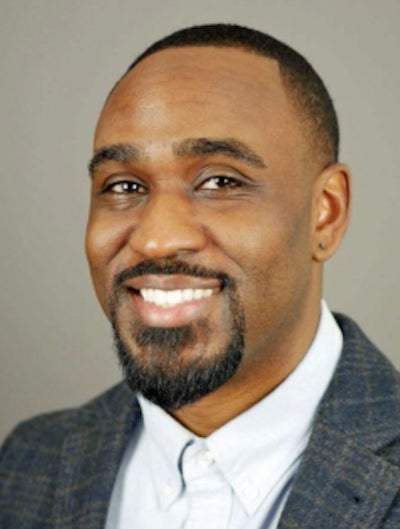Commentary: Racism Goes Beyond Action and Intent
Commentary text

For many, outrage has been sparked by the recent killing of George Floyd, and others have been awakened or re-awakened to ongoing police brutality and injustice towards Black citizens of America. For those of us in public health, this serves as a reminder of how various levels of racism pose significant risks to the health and well-being of Black people in the US. What’s saddening is that there are many people who believe that racism must be intentional in order to exist and understand racism only by way of its downstream effects. However, by then, it’s too late. We know enough about the founding history of structural racism in this country to know that addressing racism should not always be reactive but can and should be proactive and preventive.
What these moments continuously show us is that racism, in its deadliest form, does not have to present itself as the action nor the intent. But rather, the disregard for the plight and perspective of people of color is damaging enough.
Whether it’s a knee on the neck, a foot in the back, a seemingly innocent abuse of privilege, or turning a blind eye, people of color have been trying to get the attention of people of influence to ensure them the same basic rights and privileges that they want for themselves. Essential to that are the need for safe communities, education, opportunities to advance economically and socially, respect of culture, and a political voice that is heard rather than disregarded because the majority of white people in leadership positions may disagree or simply not understand. The imbalance of power by race in America turns disagreement into disenfranchisement, which disproportionately impacts Black people. For many Black people, this is the truth whether everyone accepts it or not.
It is important that all people become educated on the forms and levels of racism to understand it’s hindrance to our ever being able to live in a just society. We owe it to ourselves to be intentional about addressing the one issue that continuously defeats us as a nation. It is not a foreign threat, but an internal struggle that takes grit, courage, and determination to not look away. None of us will live forever, but the legacy that we leave behind will define the contributions that we’ve made to our society…or the lack thereof. Peace.
About the author
Alumnus Patrick D. Smith, DMD, MPH in Health Policy and Administration ’15, is an assistant professor at the University of Illinois at Chicago (UIC) College of Dentistry and a division affiliate in community health sciences at the UIC School of Public Health.